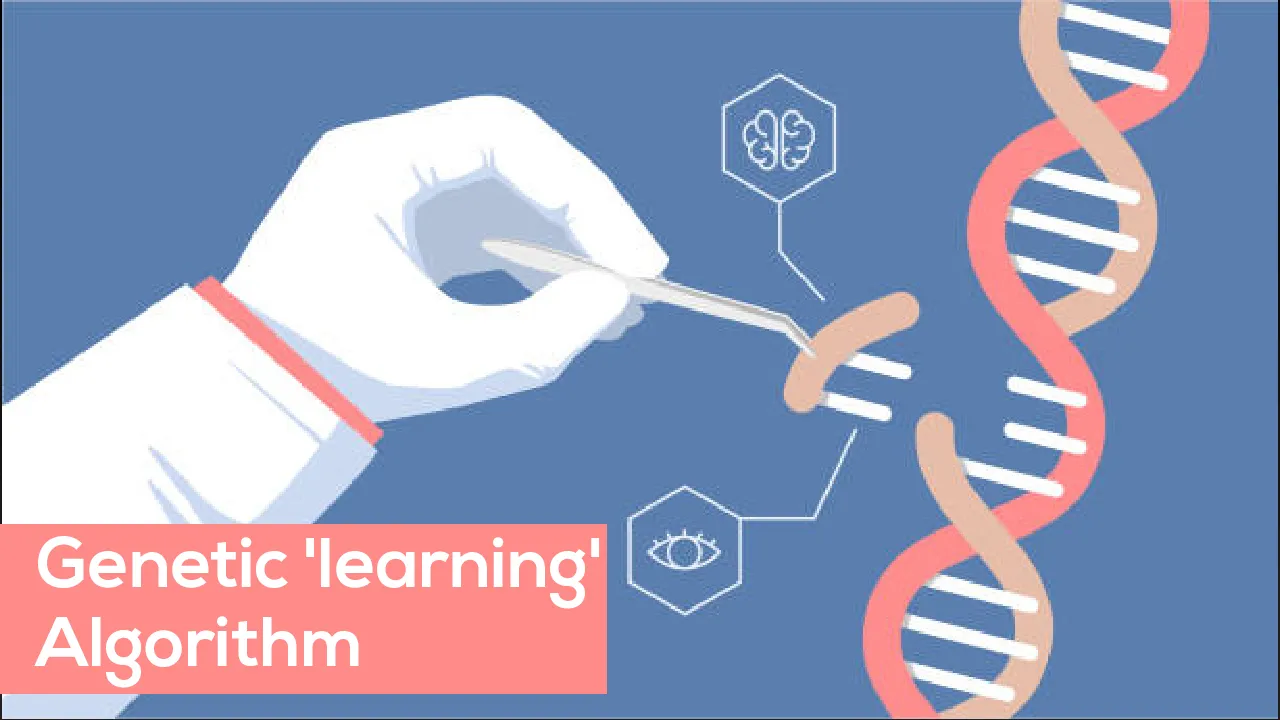In a broader mathematical or computational perspective, an optimization problem is defined as a problem of finding the best solution from all feasible solutions. In terms of Machine Learning and Artificial Intelligence, two significant algorithms that perform these tasks are Reinforcement Learning and Genetic Algorithms. They serve the purpose of finding the ‘best fit’ solutions from a range of possible solutions for a given problem statement. In the article that follows below, we will be working closely on these algorithms and will see their implementation in action on an Image Processing problem.
What is a Genetic Algorithm (GA)?
Genetic algorithms are random, adaptive heuristic search algorithms that act on a population of doable solutions. they need loosely supported the mechanics of population biology and choice.
Genetic algorithms are based on the ideas of natural selection and genetics. New solutions are typically made by ‘mutating’ members of this population, and by ‘mating’ 2 resolutions along to create a replacement solution.
The upper solutions are selected to breed and change and so the more severe ones are discarded. They are probabilistic search methods; this implies that the states that they explore are not determined entirely by the properties of the problems. A random method helps to guide the search. Genetic algorithms are utilized in AI like different search algorithms utilized in AI — to seem for potential solutions to hunt out one that solves the matter.
#artificial-intelligence #genetics #algorithms #data-science #genetic ‘learning’ algorithms
